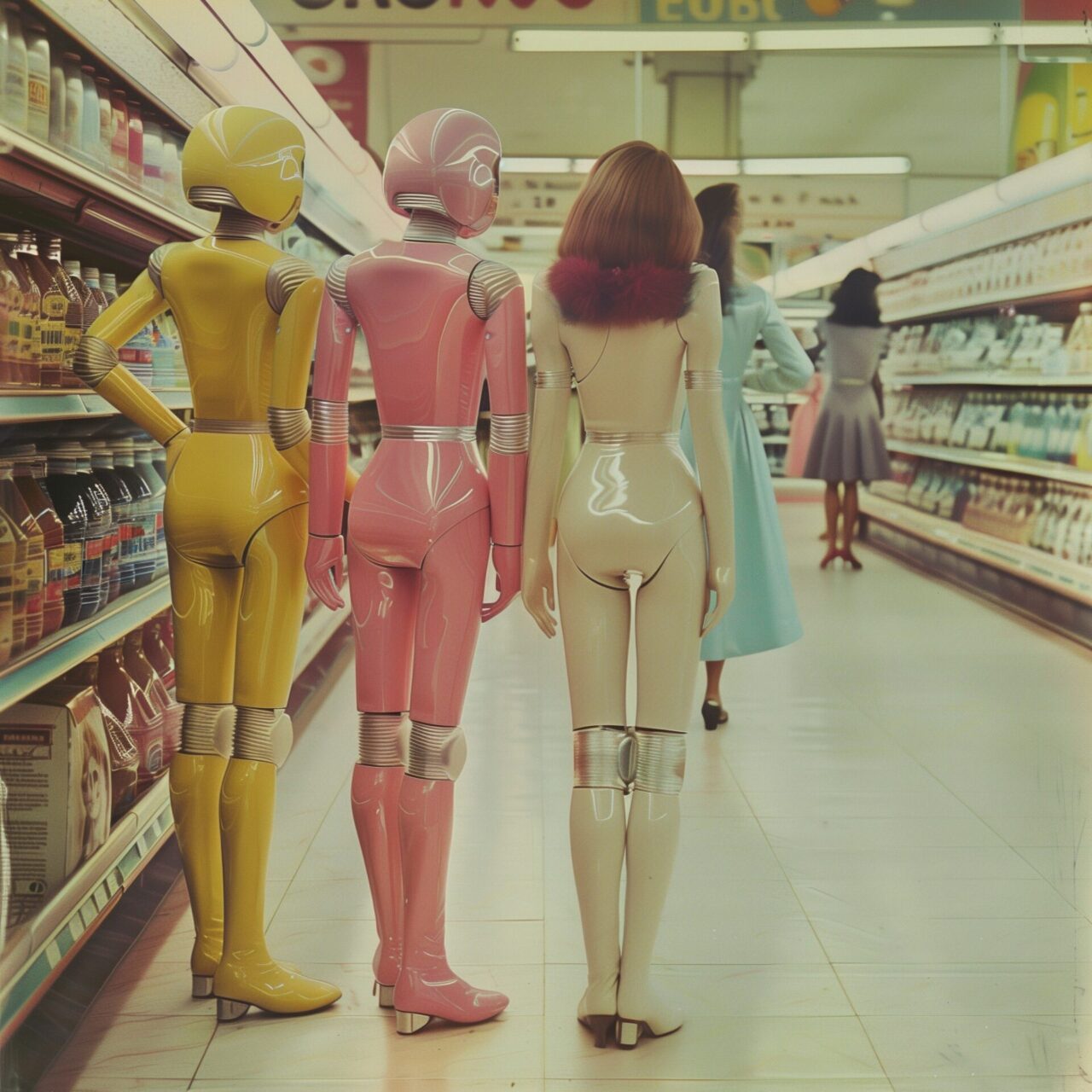
Brave New World
In a world where technological progress is often seen as a panacea, Aldous Huxley’s “Brave New World” (1932) stands as a cautionary monument to literary dystopia. In this seemingly utopian society, where human suffering seems almost completely eradicated, Huxley reveals the dark consequences of an over-perfected human existence.
Published in the interwar period, an era marked by turbulence and technological change, Huxley’s work addresses the themes of industrialisation and massive social change. “Brave New World” reflects the fears of its time, in particular concerns about the increasing power of state-controlled technologies and the reduction of human beings to their economic function.
The world of Alpha and Epsilon
Huxley’s future society is strictly hierarchical: from the genetically elite Alphas to the oppressed Epsilon workers, each person in “Brave New World” is optimised in vitro for specific roles and tasks. The technology of the Bokanovsky process – a method of cloning and thus a means of social stabilisation – symbolises the authorities’ ultimate control over human life.
The mechanisms of control
Freedom and individuality are eliminated in Huxley’s world through the complete application of conditioning techniques and the use of the drug “Soma”. “Soma” serves as an allegory for the anaesthetisation of the masses through pleasure and distraction – a motif that frighteningly prophetically anticipates today’s age of information technology and social media.
Criticising the consumer society
Huxley sharply criticises the consumer culture that turns people into slaves to their desires and supports capitalism, which is elevated to an almost religious system in “Brave New World”. The constant preoccupation with meaningless pleasures prevents people from recognising and questioning the shackles of their existence.
The motif of the outsider
John “the Savage”, a character who grows up outside the new world order, serves as a critical observer and challenger of the system. Through his eyes, the reader sees the brutality and emotional emptiness of a society that has stripped away everything human. His tragedy emphasises the cost that society pays for its supposed perfection.
Reception and influence
“Brave New World” has not only sparked countless debates about the role of science and the limits of state control, but has also influenced other dystopian works such as George Orwell’s “1984”. It remains a critical commentary on the possibility of a new world order capable of undermining our deepest human attributes.
Aldous Huxley’s “Brave New World” is more than just a dystopian novel; it is an ongoing warning to humanity to be aware of the ethical dimensions of technological advances. At a time when technological developments have the potential to fundamentally change the nature of humanity, “Brave New World” remains an important part of the discussion about our future.


